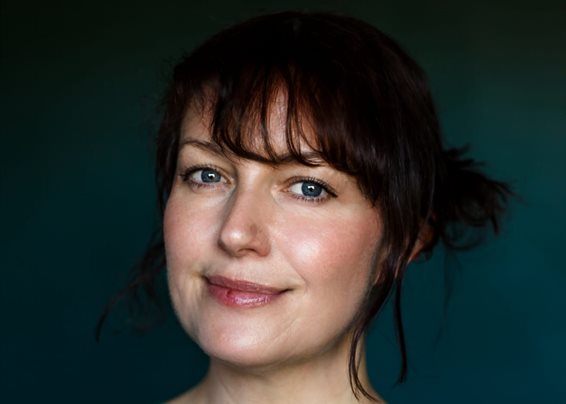There is a need for more nutrition within medical education, according to a study led by researchers at BSMS, the University of Brighton and NNEdPro Global Centre for Nutrition and Health. It also identified a need for greater clarity of a doctor’s role in nutritional care and when patients should be referred for specialist advice.
Information gathered from surveys of medical students and doctors between 2015 and 2018, which included more than 750 participants, revealed that most felt their nutritional training was inadequate, with more than 70% reporting less than two hours teaching in total.
Only 26% of doctors were confident in their nutrition knowledge with 74% giving nutritional advice less than once a month, citing lack of knowledge (75%), time (64%) and confidence (62%) as the main barriers. There was some recognition of the importance of a collaborative approach, yet 28% of doctors preferred to get specialist advice rather than address nutrition themselves.

Elaine Macaninch, Nutrition Medical Educator at BSMS and Dr Kathy Martyn, Principal Lecturer Nutrition, Education and Research in Medical Nutrition Network (ERimNN) at the University of Brighton, co-authors of the study, commented: “This landscaping paper clearly shows a need for more nutrition within medical education, as well as for greater clarity of a doctor’s role in nutritional care and when to refer for specialist advice. More than 90% of the respondents felt that nutrition played a role in maintaining good health but they lacked confidence and few were including nutrition assessment or guidance in current practice. Our challenge now is to clearly describe the role of doctors in nutritional care and ensure our doctors have the necessary tools and knowledge available to apply nutrition knowledge to make a difference to patient care.”
BSMS is the only medical school in the UK to employ a registered dietitian as a nutrition medical educator and one of the first to integrate nutrition into its curriculum for undergraduate students studying medicine, something Elaine would like to see other schools doing. She added: “The curriculum review at BSMS has demonstrated that it is possible to integrate nutrition within a medical curriculum without losing any core elements.
“Currently there are collaborative efforts under way to improve nutrition education for medical students and doctors via the UK multi-professional nutrition education working party. We are working on a nutrition curriculum to give more guidance and practical ideas to help UK medical schools integrate new learning. This needs to be realistic and sensitive to the many curriculum priorities.”
The study was published in the British Medical Journal (BMJ) Nutrition, Prevention and Health, and is available online.
Read the full study >